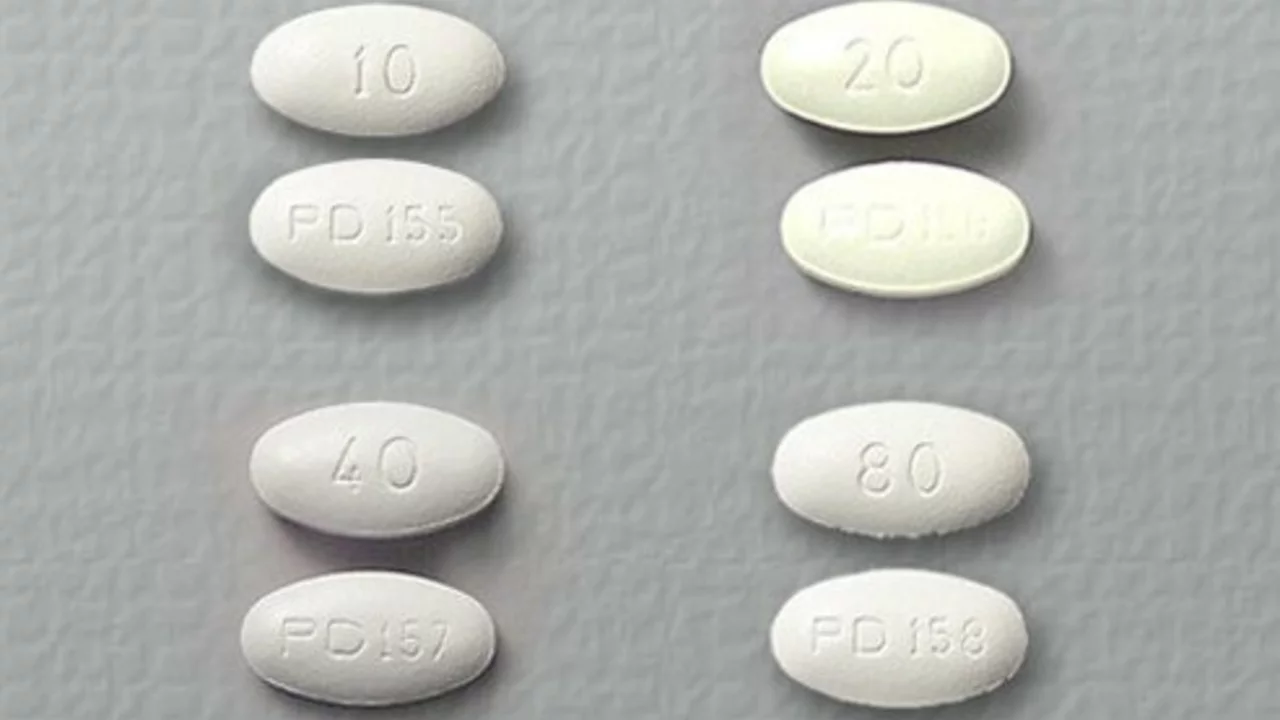Medication expectations: practical facts before you start, stop, or buy a drug
Ever started a medicine and then wondered, "Is this normal?" You’re not alone. This tag pulls together clear, practical guidance so you know what to expect from side effects, timelines for benefit, safe ways to buy online, and how to stop a drug without creating bigger problems.
Before you take a dose
Don’t guess. Read the label, know the active ingredient, and check interactions with drugs and supplements you already take. Ask your prescriber if the medication needs monitoring—some drugs need blood tests, others just a blood pressure check. If buying online, use pharmacies that require a prescription, show contact details, and have a licensed pharmacist you can reach. Extreme bargains or sites that skip prescriptions are red flags.
Also check timing: some meds work right away (many inhalers relieve breathing quickly), while antidepressants and some diabetes drugs can take weeks to show benefits. If your condition needs fast control, ask your clinician what to expect in the first days versus the first month.
While you’re on it
Track how you feel for the first two weeks and then periodically after that. Note any new symptoms, how severe they are, and whether they affect daily life. Mild nausea, drowsiness, or temporary dizziness are common with many drugs—if symptoms are severe or get worse, call your doctor. For meds like steroids, blood pressure drugs, or mood medications, watch for changes that need prompt attention: mood swings, fainting, rapid heart rate, or sudden swelling.
If you’re managing costs, compare discount services, manufacturer coupons, and pharmacy pricing before filling a long-term prescription. Look into trusted alternatives and generic versions if a brand is too expensive. Don’t switch pharmacies or brands without checking with your provider, especially for narrow-therapeutic-index drugs.
Stopping or changing a medication can be as risky as starting one. Some drugs need a taper to avoid withdrawal or rebound symptoms—ask your clinician for a schedule, especially for blood pressure meds, antidepressants, and alpha blockers. Never stop abruptly unless a medical professional tells you to because of a dangerous reaction.
Store meds in a dry, cool place, keep a current list of everything you take, and share that list with every new provider. If you have travel plans or limited mobility, ask your pharmacist about travel storage and carry-on rules.
Want practical articles? This tag collects real guides on buying inhalers safely, understanding antidepressants, tapering off meds, and comparing drug alternatives. Read the pieces that match your situation and bring questions to your clinician; being informed helps you avoid surprises and stay safer while getting the treatment you need.

